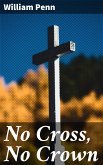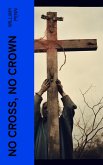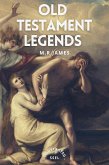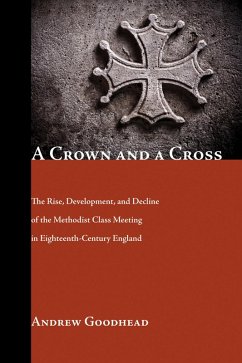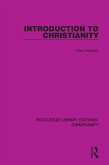In "No Cross, No Crown," William Penn articulates a profound exploration of the relationship between suffering, virtue, and spiritual reward, framed within the context of Quaker philosophy. This allegorical discourse, written in a lyrical yet accessible style, urges readers to embrace the transformative power of trials and tribulations as essential to spiritual growth. Penn's text is a reflection on Christian perseverance, intertwining scriptural references with personal meditations, illustrating the intrinsic connection between self-denial and the attainment of a higher moral state. William Penn was not only the founder of Pennsylvania and a key figure in the establishment of religious freedom in America but also a deep thinker influenced by the complexities of his time. His commitment to pacifism and social justice was borne from personal experiences of persecution and the broader Enlightenment context. Penn's engagement with religious thought and advocacy for civil liberties uniquely positioned him to reflect on the themes of sacrifice and spiritual enlightenment in this seminal work. I highly recommend "No Cross, No Crown" to readers seeking a contemplative journey into the depths of faith and resilience. Penn's insights resonate with contemporary struggles, making this work not only a historical account but a timeless guide for anyone grappling with the challenges of conscience and belief.
Dieser Download kann aus rechtlichen Gründen nur mit Rechnungsadresse in A, B, BG, CY, CZ, D, DK, EW, E, FIN, F, GR, H, IRL, I, LT, L, LR, M, NL, PL, P, R, S, SLO, SK ausgeliefert werden.



